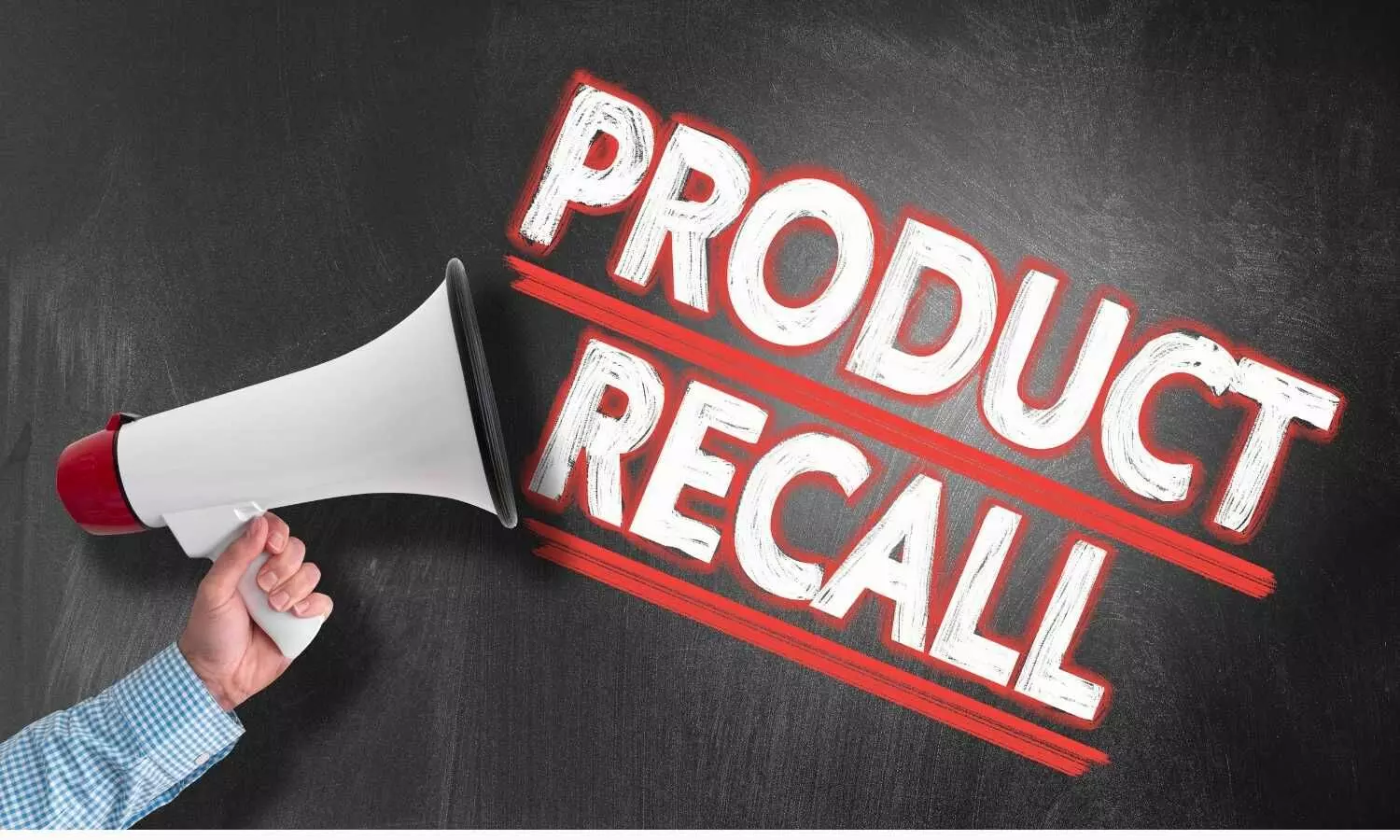- Home
- Medical news & Guidelines
- Anesthesiology
- Cardiology and CTVS
- Critical Care
- Dentistry
- Dermatology
- Diabetes and Endocrinology
- ENT
- Gastroenterology
- Medicine
- Nephrology
- Neurology
- Obstretics-Gynaecology
- Oncology
- Ophthalmology
- Orthopaedics
- Pediatrics-Neonatology
- Psychiatry
- Pulmonology
- Radiology
- Surgery
- Urology
- Laboratory Medicine
- Diet
- Nursing
- Paramedical
- Physiotherapy
- Health news
- AYUSH
- State News
- Andaman and Nicobar Islands
- Andhra Pradesh
- Arunachal Pradesh
- Assam
- Bihar
- Chandigarh
- Chattisgarh
- Dadra and Nagar Haveli
- Daman and Diu
- Delhi
- Goa
- Gujarat
- Haryana
- Himachal Pradesh
- Jammu & Kashmir
- Jharkhand
- Karnataka
- Kerala
- Ladakh
- Lakshadweep
- Madhya Pradesh
- Maharashtra
- Manipur
- Meghalaya
- Mizoram
- Nagaland
- Odisha
- Puducherry
- Punjab
- Rajasthan
- Sikkim
- Tamil Nadu
- Telangana
- Tripura
- Uttar Pradesh
- Uttrakhand
- West Bengal
- Medical Education
- Industry
Recall of Philips medical imaging devices classified as most serious by USFDA

The use of an affected system may cause serious adverse health consequences, including chemical exposure, lack of oxygen and tissue damage, according to the FDA.
The U.S. Food and Drug Administration (FDA) on Wednesday classified the recall of Philips' medical imaging devices as most serious as their use could cause serious injuries or death.
Philips was recalling some models of the Panorama 1.0T HFO device in the U.S. due to risk of explosion during a "quench procedure" caused by excessive buildup of helium gas.
During the procedure, a large amount of helium evaporates and is allowed to pass out through a venting system. If an unknown blockage is present in the venting system, excessive pressure could build up.
The devices are used to take images that show what is inside the patient's body for disease detection, diagnosis and treatment monitoring.
The Dutch medical devices maker started the recall process on Nov. 30 this year and has recalled 150 devices in the United States.
In the United States, customers with operational systems have been notified and about 80% of the systems have been inspected, the company said, adding that it plans to complete the inspections this year.
The use of an affected system may cause serious adverse health consequences, including chemical exposure, lack of oxygen and tissue damage, according to the FDA.
The health regulator said there has been one reported event of an explosion in 22 years of use and no reports of injury or death due to the devices.
The devices were distributed between Jan. 1, 2001 and Oct. 1, 2016. Philips stopped producing and selling the product line in 2014, according to the company.
The company is also grappling with the fallout of a global recall in 2021 of millions of respirators used to treat sleep apnea.
Ruchika joined Medical Dialogue as an Desk Editor for the Business Section in 2019. She covers all the updates in the Pharmaceutical field, Policy, Insurance, Business Healthcare, Medical News, Health News, Pharma News, Healthcare and Investment. She has completed her B.Com from Delhi University and then pursued postgraduation in M.Com. She can be contacted at editorial@medicaldialogues.in Contact no. 011-43720751



